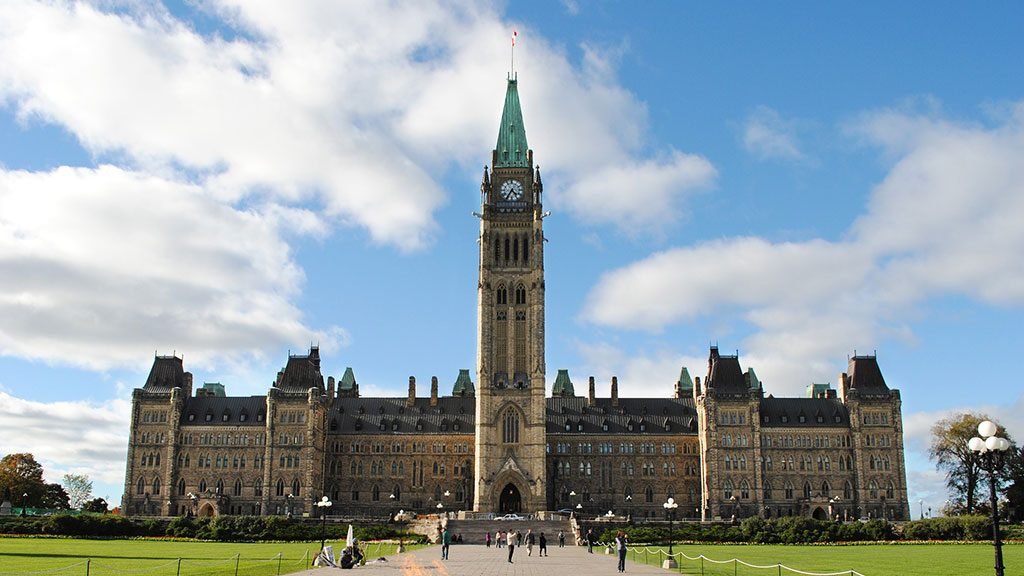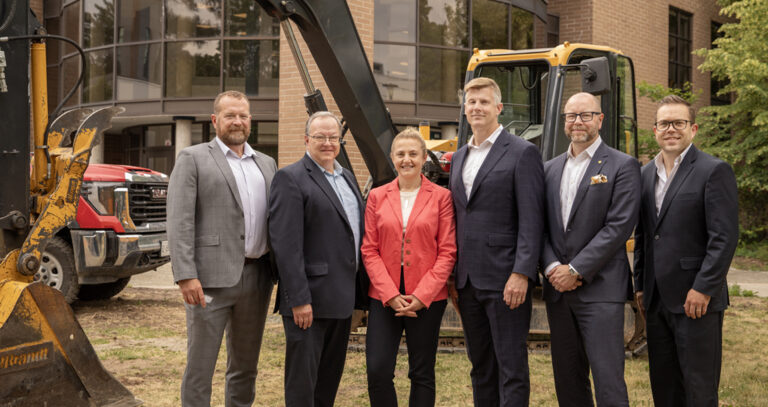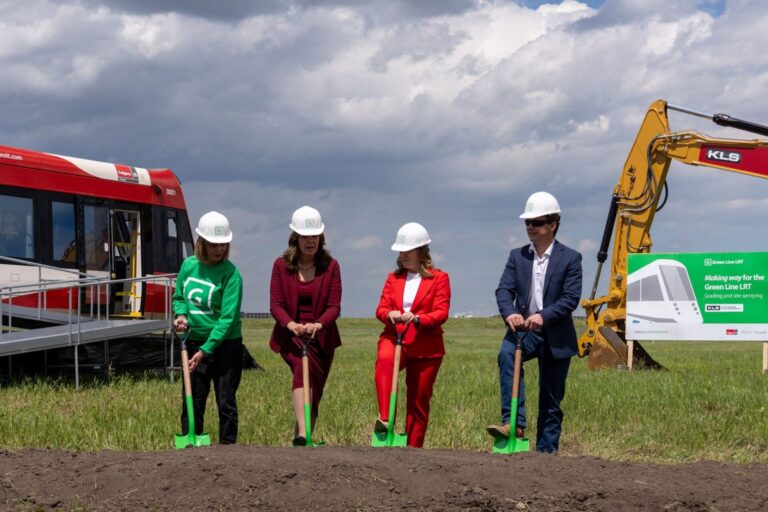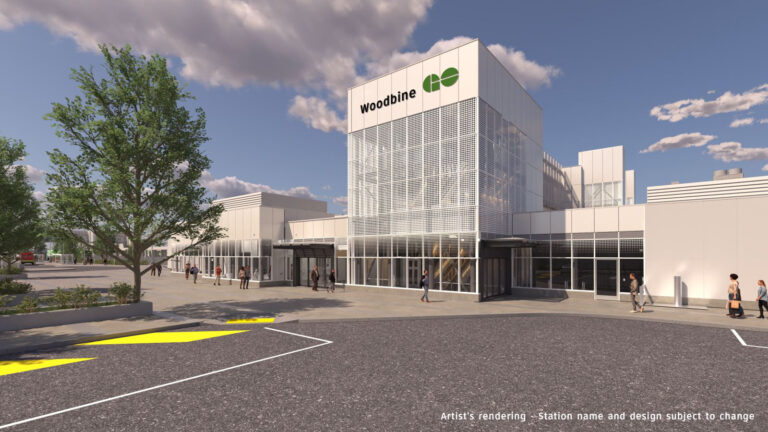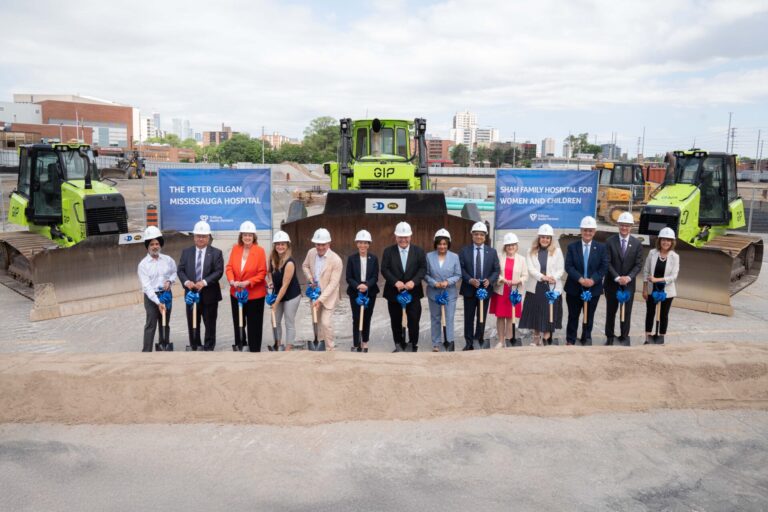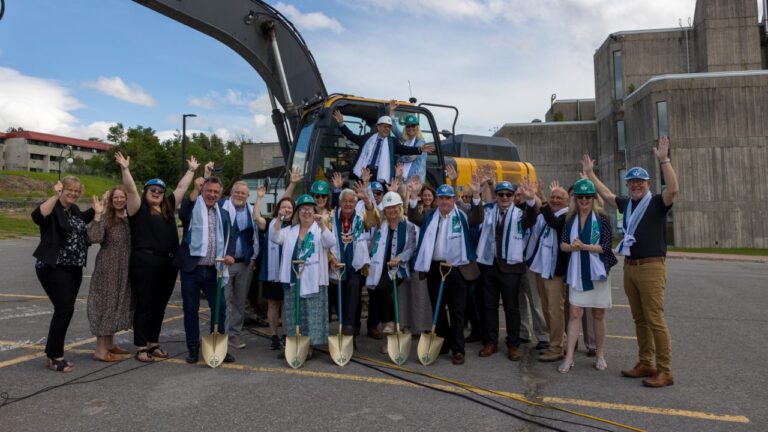The federal government’s Budget 2024, previewed with numerous announcements over the past few weeks, not surprisingly was heavy with housing-related spending, with Justin Trudeau’s Liberals laying out a strategy to unlock 3.87 million new homes by 2031.
Key measures included launching a new Public Lands for Homes Plan and a new Canada Rental Protection Fund, enhancing the Canadian Mortgage Charter, and creating a new Canadian Renters’ Bill of Rights.
“Our government first came to office with a vow to strengthen and expand the middle class. We delivered on that pledge by reducing poverty, especially for children and seniors, and creating millions of good jobs for Canadians. Our work isn’t done. Budget 2024 renews our focus on unlocking the door to the middle class for millions of younger Canadians. We’ll build more housing and help make life cost less. We will drive our economy toward growth that lifts everyone up. That is fairness for every generation,” said Chrystia Freeland, Deputy Prime Minister and Minister of Finance, addressing Parliament.
Also included in Budget 2024, was an Indigenous Loan Guarantee Program, which will offer up to $5 billion in loan guarantees to unlock access to capital for Indigenous communities, enabling them to share in the benefits of natural resource and energy projects in their territories and on their own terms.
“I would like to applaud Ministers Freeland and Wilkinson, and their respective departments, for their leadership and dedication to this initiative—for helping break down barriers that have historically prevented First Nations from shaping projects and receiving a fair share of their economic returns,” said Chief Sharleen Gale (Fort Nelson First Nation), chair of the First Nations Major Projects Coalition (FNMPC). “By committing this backstop of financial support to Indigenous equity participation, the Government of Canada is taking a significant step towards meaningfully advancing economic reconciliation in this country.”
Industry reaction to Budget 2024 was cautiously optimistic. According to a statement from the Canadian Construction Association (CCA), an additional $128 billion is needed to build, support, and connect the federal government’s proposed 1.2 million homes to essential housing-enabling infrastructure – a major shortfall in the investment needed.
“Budget 2024 sets a bold objective to help Canadians buy homes but misses the mark on delivering sufficient investment and a plan to ensure a steady flow of funds to address our nation’s infrastructure challenges,” stated Mary Van Buren, CCA president. “While we acknowledge some initiatives, such as funding for creating affordable apartments, training and recruiting more workers, and upgrading water and wastewater systems, the conditions attached and lack of strategic vision are concerning.”
With growing demands to not only build more homes but also the inevitable requirement for the necessary housing-enabling infrastructure to connect these homes to the services they need, the CCA said the urgency to collaborate with provinces, municipalities, and the industry is more pressing than ever.
“We need investments in infrastructure that are made based on the real needs of Canadians – projects that are shovel-worthy rather than just shovel-ready,” added Van Buren. “This visionary and consultative approach is what Canadians deserve.”
The Federation of Canadian Municipalities echoed the premise that Canada cannot address the housing crisis without investing in local infrastructure.
“FCM has been clear that for every new home built, there must be a corresponding investment in infrastructure. Ottawa has heard us on this front. We will work in collaboration with the federal government to discuss the details of the funding and how we can deliver these important immediate investments to Canadians in parallel with fixing our funding model for the long term,” said FCM president Scott Pearce.
The Residential Construction Council of Ontario (RESCON), while encouraged by the initiatives announced, said there continues to be a lack of support for the first-time homebuyer who has been effectively shut out of the market.
“We commend the federal government for seriously trying. There are positive measures here to assist purpose-built rental housing supply. That much is encouraging,” said RESCON president Richard Lyall. “But there is no relief for first-time buyers who have been pushed out of the market. They are being taxed on new housing at rates which would have crushed their parents and grandparents. Why are we doing that to them? Housing is a vital need and we are taxing it like alcohol and cigarettes. The cost of housing used to be three times the average household income but now it’s 10 times.”
Highlights of Budget 2024’s housing measures:
- A new Public Lands for Homes Plan to use all tools available to unlock 250,000 new homes by 2031 on public lands. This also includes Canada Post properties, National Defence land, and office buildings.
- Building more rental apartments, faster, with an additional $15 billion in new loan funding for the Apartment Construction Loan Program, bringing the program’s total to over 131,000 new homes supported by 2031-32.
- Launching Canada Builds, a Team Canada approach to building affordable homes for the middle class on underutilized lands across the country. Canada Builds combines federal low-cost loans with provincial and territorial investments to scale up construction on rental homes.
- Providing a $400 million top-up to the $4 billion Housing Accelerator Fund, which is already fast-tracking the construction of over 750,000 new homes over the next decade thanks to 179 agreements with municipalities, provinces, and territories.
- Launching a new $1.5 billion Canada Rental Protection Fund to protect and grow the stock of affordable housing in Canada.
- Providing $1 billion for the Affordable Housing Fund to build affordable homes and launching a permanent Rapid Housing Stream to build on the success of the previous three rounds of the Rapid Housing Initiative.
- Investing an additional $1.3 billion for Reaching Home: Canada’s Homelessness Strategy to address homelessness and encampments.
- Accelerating the construction and upgrading of housing-enabling infrastructure by providing $6 billion over 10 years through a new Canada Housing Infrastructure Fund.
- Streamlining foreign credential recognition in the construction sector and creating more apprenticeship opportunities to help skilled trades workers build more homes.
- Working to narrow the housing gap in Indigenous communities by announcing $918 million over five years in additional investments for First Nations, Inuit and Métis housing and community infrastructure.
- Incentivizing Canada’s educational institutions to build more student housing by ensuring they benefit from the removal of GST on new student residences.
- Enhancing the Home Buyers’ Plan by increasing the withdrawal limit from $35,000 to $60,000, enabling first-time home buyers to use the tax benefits of an RRSP to save up to $25,000 more for their down payment, faster.
- Enabling more younger Canadians to afford a mortgage by strengthening the Canadian Mortgage Charter to allow 30-year amortizations for first-time home buyers purchasing newly constructed homes.
- Developing a new Canadian Renters’ Bill of Rights with provinces and territories to ensure that renting a home is fair, open, and transparent.

